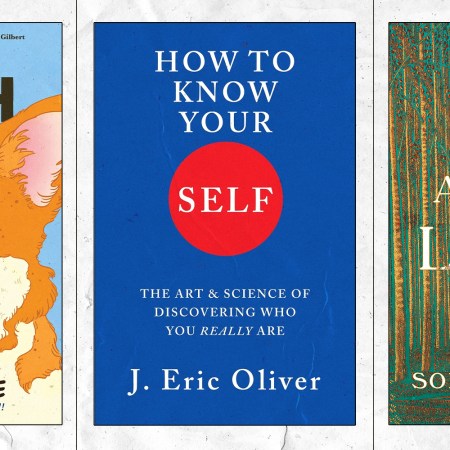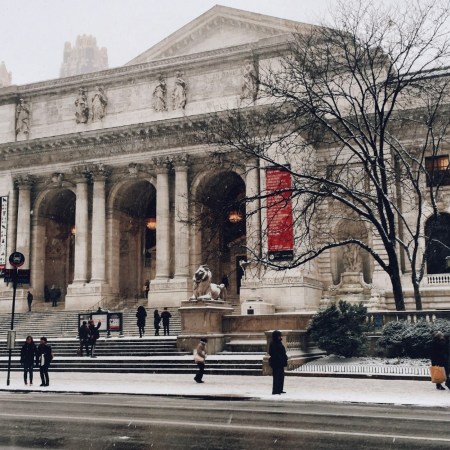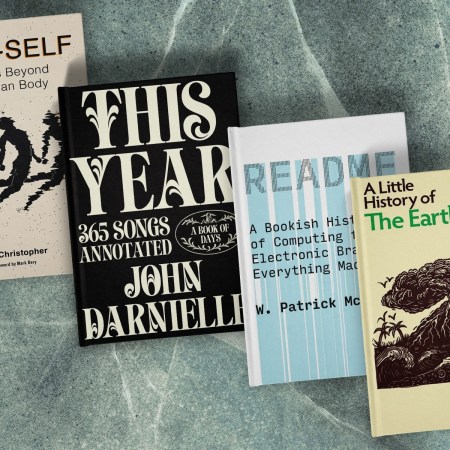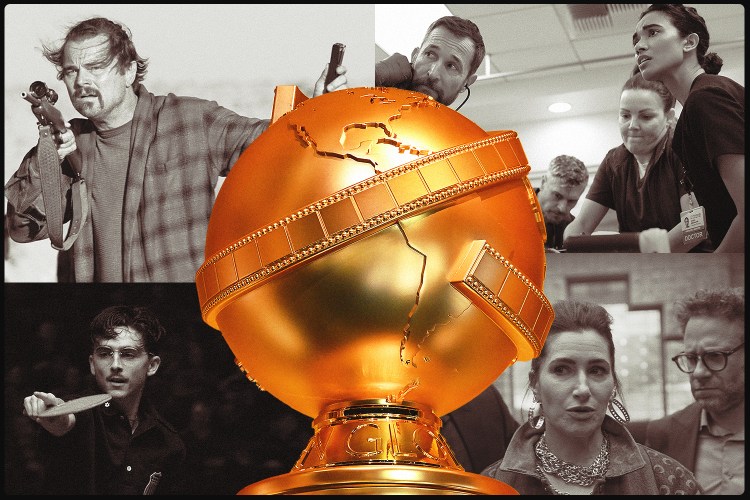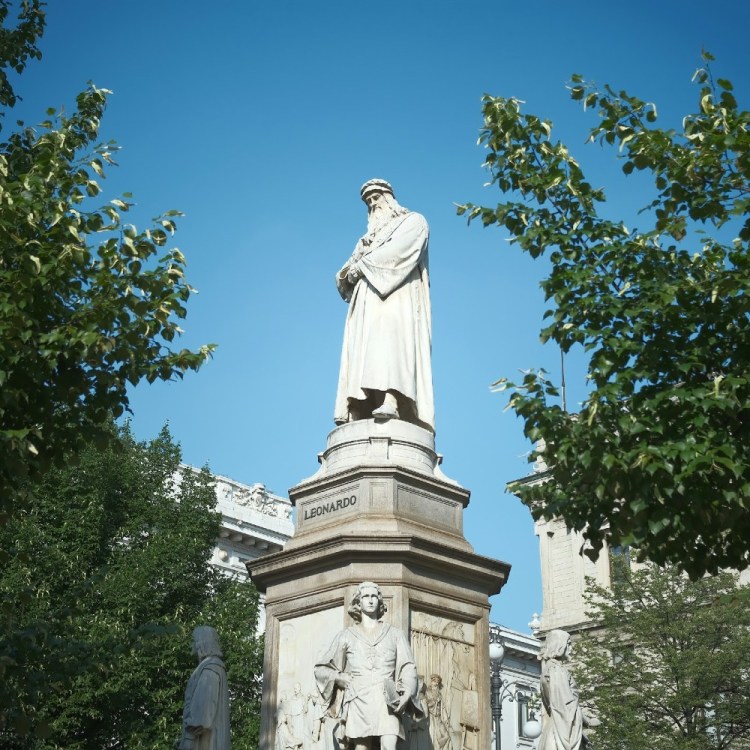Jack Kerouac was a lot of things:
Writer, filmmaker, drinker. Marginalizer of female characters and disobeyer of syntax. He was also, perhaps surprisingly, a bleeding-heart defender of American values.
For all his transgressions against the institutions of literature, grammar, political correctness and all things bourgeois, the iconoclastic writer was fiercely patriotic. He loved jazz. He loved capitalism. He loved open roads and apple pie. He rooted for McCarthy in the 1954 Senate hearings while smoking a joint, and wrote in Desolation Angels that “when I went to Columbia all they tried to teach us was Marx, as if I cared.”
Kerouac’s vision of America — however idealized it may have been — was one that celebrated the values this country was founded upon: freedom, rebellion, independence. And it’s those values that permeate “America in World History,” a previously unpublished essay that appears in The Unknown Kerouac: Rare, Unpublished, and Newly Translated Writings, out yesterday. You can read the excerpt in its entirety at Esquire, but below, we’ve got the TL;DR version of Kerouac’s eight-point meditation on what made America great — and distinctive from Western Europe — in the first place.
1. It was intended to be a transition away from European civilization. That is, the proverbial “American way” bears a “deep opposition” to the traditional European one.
2. Europe developed the tools of industry, but we perfected them. “Take American mass production of automobiles and planes,” he writes. Their methods, our triumph.
3. America loves capitalism. “A pure sign of American self-hood,” Kerouac calls it, noting that free markets persisted on this side of the pond while European countries began to skew more socialistic.
4. Our literature is obsessed with asserting the “singularness” of America. Here, he namechecks Emerson, Thoreau, Twain, Whitman and Wolfe, noting that all are preoccupied with defining the American experience.
5. America is still relatively “new,” which inspires good art. In Europe, everything has been covered already.
6. What Europeans call American “naiveté” is just them being envious of our cultural youth. Youth equals promise, and a destiny yet to be written.
7. America’s many “boom towns” gave rise to new industries, which instilled a sense of hope in their people. True at the time of this writing. Less true today.
8. Jazz and folk music represent the “prime phenomenal individualism of American culture.” Translation: America’s defining art form is its music, which celebrates improvisation and progression rather than the rules and staidness of European compositions.
Whether any of this is still even remotely true, well — that’s a conversation for a different day.
This article appeared in an InsideHook newsletter. Sign up for free to get more on travel, wellness, style, drinking, and culture.

